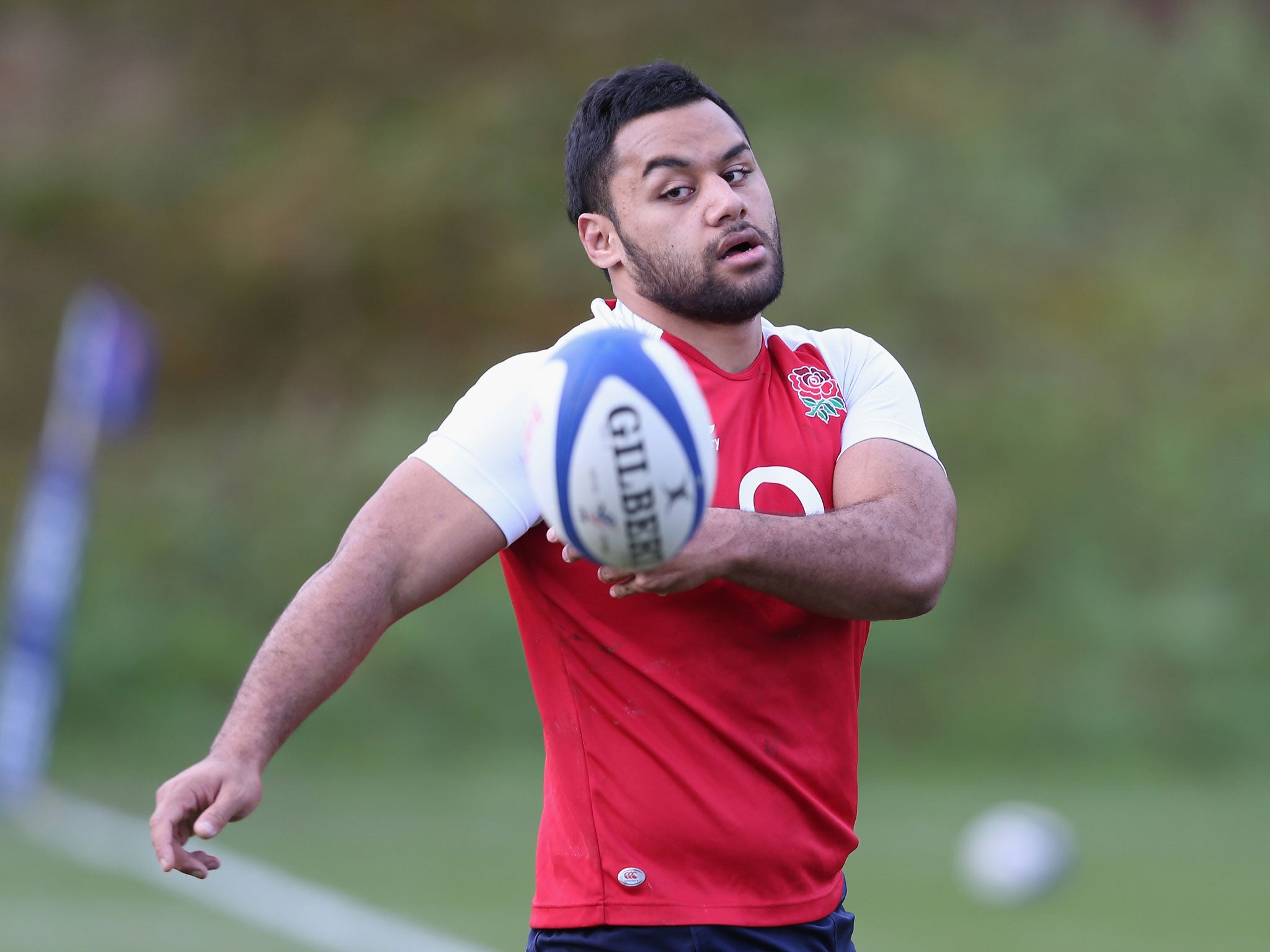Brian Smith: England need more tries – and a plan that goes beyond just bullying the French pack in Six Nations
How a team starts a match says everything about their approach

You have to say it’s one hell of a way to start a Six Nations tournament. Every team in the championship has a landmine in front of them – not even Wales, the reigning champions, have an easy road ahead as their leading players try to refocus after giving so much of themselves to the Lions back in the summer, while their administrators continue to tear each other apart on the political front – and for England, this evening’s match in Paris is as dangerous as they come, especially as they are fielding a back division blessed with so little in the way of experience.
The French could implode, of course: never underestimate the pressure they feel when they play in front of that impatient home crowd of theirs. There again, one ridiculously brilliant run from a centre as good as Wesley Fofana could see them explode into form. I know this much: England cannot hope to win the game if their plan does not extend beyond bullying the French pack. They will have to do more than that.
In fact, I’ll go further: anyone wishing to win this season’s title will have to hit double figures on the try count. We know the French have that kind of ammunition if they get themselves right and Ireland, it seems to me, are also equipped to score at the required rate. So too the Welsh, although they do not cross the opposition whitewash quite as often as they should, given the quality of the backs at their disposal. England have yet to prove their capability in this area, having seen their scoring level slip over the last 12 months.
There’s a fair bit I admire about Stuart Lancaster’s side: he’s coached some real togetherness into them and made them very competitive, very hard-nosed and tough to beat. I guess the challenge for them now is to find easier ways of winning by scoring more heavily. This is not straightforward, for a couple of reasons. Firstly, England go into this tournament with a brand new back division long on ambition but very short on caps. Secondly, there just isn’t much space to attack these days.
When I was involved with the national team, we ran in 15 tries in one Six Nations and 13 in another. But things were different back then because the All Blacks and Wallabies, keen to find the best way of beating the Springboks in Tri-Nations rugby, had developed a strategy of playing from deep in their own territory as a means of moving the big Springbok forwards around the paddock. “What’s good for them is good for us,” we thought, and we followed a similar policy. Four or five years on, teams aren’t doing that any more. How often do the New Zealanders kick the ball these days? Lots. How often do they attack from their own half? Not often.
I see some hopeful signs for England, all the same. By going with Danny Care and Lee Dickson as their scrum-halves, they are clearly seeking to bring some tempo to their rugby. That’s good. Equally, it’s encouraging that they’re playing with just the one full-back, rather than two. There was a logic to running Mike Brown and Alex Goode in the same back line, but it left them short of natural, out-and-out finishers and, as a consequence, their attacking game suffered. I also liked the way they fought back against the All Blacks at Twickenham before Christmas, having been badly stung in the opening exchanges. If they can learn to start Tests with the tempo they developed in the middle period of that game with the world champions, the tries will come.
The way I look at it, how a team starts a match says everything about the way they’re approaching the whole of it. If they kick long at the first whistle and settle for a line-out near halfway, that’s one thing; if they kick to contest, to win the ball back immediately, that’s quite another. By doing that, they’re saying: “We’re here to play. We’re coming after you.” It’s a big, bold statement and it sets the tone.
England should certainly be bold, because in Billy Vunipola of Saracens they have a player who could, between now and next year’s World Cup, establish himself as the best No 8 in the international game – a major call, given that the All Blacks have a bloke by the name of Kieran Read in the middle of their back row, but one I’m happy to make. Vunipola is still finding his feet in the Test arena but he’s a force of nature and if England play with a little imagination, they could unleash him in a wide range of ways and really capitalise on a unique set of potentially devastating gifts.
One other thing: I think the Billy Twelvetrees-Luther Burrell partnership in midfield could work. Twelvetrees is everything a coach could want in an inside centre – it’s very rare that you find a No 12 who can carry, kick and pass, so to me he’s rugby gold – while Burrell has the power to give a side some go-forward. On the front foot, you can expect the kind of quick ruck ball that allows you to play with some zip. If you can’t get yourselves over the gain line, you get shut down. It’s that simple. If Burrell comes up trumps, England could drive a sword through French hearts.
Brian Smith is director of rugby at London Irish and a former England attack coach
Join our commenting forum
Join thought-provoking conversations, follow other Independent readers and see their replies
Comments
Bookmark popover
Removed from bookmarks